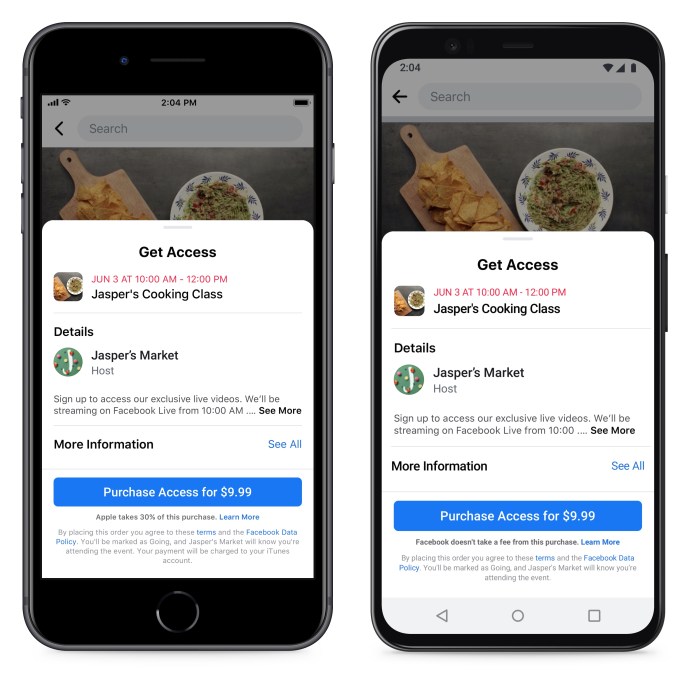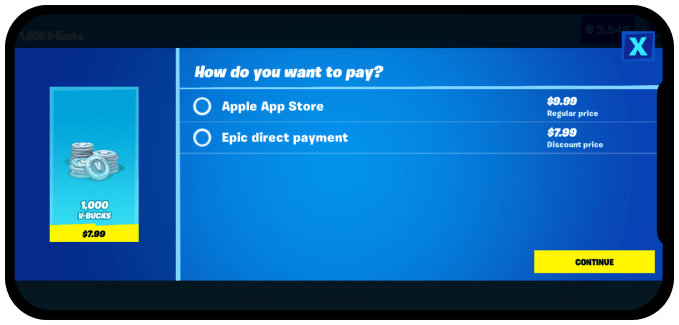Welcome back to Human Capital, where we look at all things labor and diversity, equity and inclusion. This week, Uber and Lyft’s legal battle against a California law pertaining to independent contractors continued. As of right now, it’s looking like Uber and Lyft are going to temporarily cease operations in California next week if they can’t get their way.
Meanwhile, Pinterest employees reached their breaking point when former COO Françoise Brougher sued Pinterest alleging gender discrimination and wrongful termination. Now, they’re demanding systemic change at the company in light of the latest allegation of discrimination.
Gig Life
Uber and Lyft say they’ll have to temporarily pause operations in California
A lot happened with Uber and Lyft this week, so let’s break down exactly what transpired. But first, a quick recap of the events leading up Uber threatening to cease operations in California.
Jan 1, 2020: Assembly Bill 5 becomes law. The bill, first introduced in December 2018, codified the ruling established in Dynamex Operations West, Inc. v Superior Court of Los Angeles. In that case, the court applied the ABC test and decided Dynamex wrongfully classified its workers as independent contractors. According to the ABC test, in order for a hiring entity to legally classify a worker as an independent contractor, it must prove (A) the worker is free from the control and direction of the hiring entity, (B) performs work outside the scope of the entity’s business and (C) is regularly engaged in an “independently established trade, occupation, or business of the same nature as the work performed.”
May 2020: CA Attorney General Xavier Becerra, along with city attorneys from Los Angeles, San Diego and San Francisco, filed a lawsuit asserting Uber and Lyft gain an unfair and unlawful competitive advantage by misclassifying workers as independent contractors.
The suit argues Uber and Lyft are depriving workers the right to minimum wage, overtime, access to paid sick leave, disability insurance and unemployment insurance. The lawsuit, filed in the Superior Court of San Francisco, seeks $2,500 in penalties for each violation, possibly per driver, under the California Unfair Competition Law, and another $2,500 for violations against senior citizens or people with disabilities.
June 2020: Becerra and others file motion for a preliminary injunction seeking to force Uber and Lyft to immediately classify their drivers as employees.
August 6, 2020: CA Superior Court Judge Ethan P. Schulman hears arguments pertaining to the preliminary injunction. At the hearing, Uber and Lyft maintained that an injunction would require them to restructure their businesses in such a material way that it would prevent them from being able to employ many drivers on either a full-time or part-time basis. Uber and Lyft’s argument, effectively, is that classifying drivers as employees would result in job loss.
“The proposed injunction would cause irreparable injury to Lyft and Uber, and would actually cause massive harm to drivers and harm to riders,” Rohit Singla, counsel for Lyft, said at the hearing.
For example, Lyft estimates it would cost hundreds of millions of dollars simply to process the I-9 forms, which verify employment eligibility. It doesn’t cost anything to file that form, but it would require Uber and Lyft to further invest in their human resources and payroll processes.
August 9, 2020: Judge Schulman grants the preliminary injunction, which goes into effect on August 20, 2020.
“The Court is under no illusion that implementation of its injunction will be costly,” Judge Schulman wrote in the order. “There can be no question that in order for Defendants to comply with A.B. 5, they will have to change the nature of their business practices in significant ways, such as by hiring human resources staff to hire and manage their driver workforces.”
Meanwhile, Uber and Lyft made clear their respective plans to file emergency appeals.
August 12, 2020: Uber CEO Dara Khosrowshahi says Uber will have to temporarily shutdown in California if the court doesn’t overturn the preliminary injunction. Lyft says it, too, will be forced to temporarily cease operations in California.
August 13, 2020: Judge Schulman denies Uber and Lyft’s appeal. Uber says it plans to file another appeal while Lyft says it will seek a further stay from the state’s appellate court.
Looking ahead
August 20, 2020: Preliminary injunction is set to go into effect and Uber and Lyft will likely be temporarily ceasing operations in California.
November 2020: Californians will vote on Prop 22, a ballot measure majorly funded by Uber, Lyft and DoorDash. Prop 22 aims to keep gig workers classified as independent contractors. The measure, if passed, would make drivers and delivery workers for said companies exempt from a new state law that classifies them as W-2 employees.
The ballot measure looks to implement an earnings guarantee of at least 120% of minimum wage while on the job, 30 cents per mile for expenses, a healthcare stipend, occupational accident insurance for on-the-job injuries, protection against discrimination and sexual harassment and automobile accident and liability insurance.
Stay Woke
Pinterest’s fall from grace
Back in 2015, Pinterest was known as one of the companies doing some of the best work around diversity, equity and inclusion. That perception changed this year.
Pinterest was one of the first tech companies to set concrete hiring goals. In 2015, those goals were to increase hiring rates for full-time engineering roles to 30 percent female, increase hiring rates for full-time engineers to 8 percent from underrepresented ethnic backgrounds; increase hiring rates for non-engineering roles to 12 percent from underrepresented backgrounds; and implement a Rooney Rule requirement where at least one person from an underrepresented background and one female candidate is interviewed for every open leadership position.
Pinterest was also one of the first companies to hire a head of diversity and inclusion. In 2016, Pinterest hired Candice Morgan for the role. Morgan left the company earlier this year and joined VC firm GV as its equity, diversity and inclusion partner. Still, Morgan had one of the longest stints at any tech company’s diversity and inclusion department.
In the company’s 2020 diversity report, Pinterest showed it beat all of its hiring goals but what was missing from that report was retention data. When TechCrunch asked in January if they would make the data available, a Pinterest spokesperson said, “unfortunately, we can’t share the retention metrics publicly, but it will continue to be an internal priority.”
Now, transparency about retention data is just one of a handful of demands Pinterest employees have. Two days ago, former Pinterest COO Françoise Brougher sued the company, alleging gender discrimination, retaliation and wrongful termination. Prior to that, Aerica Shimizu Banks and Ifeoma Ozoma, also accused Pinterest of discrimination.
In light of those allegations, Pinterest employees are walking out today to demand change at the company. The walkout is directly in response to recent accusations of racial and gender discrimination at Pinterest. In addition to the walkout, there’s a petition circulating throughout the company demanding systemic change. The change they seek entails full transparency about promotion levels and retention, total compensation package transparency and for the people within two layers of reporting to the CEO to be at least 25% women and 8% underrepresented employees.
Don’t Miss
Triplebyte incubates ColorStack to increase Black and Latinx representation in CS programs
A beginner’s guide to diversity, equity and inclusion

Source: Tech Crunch



